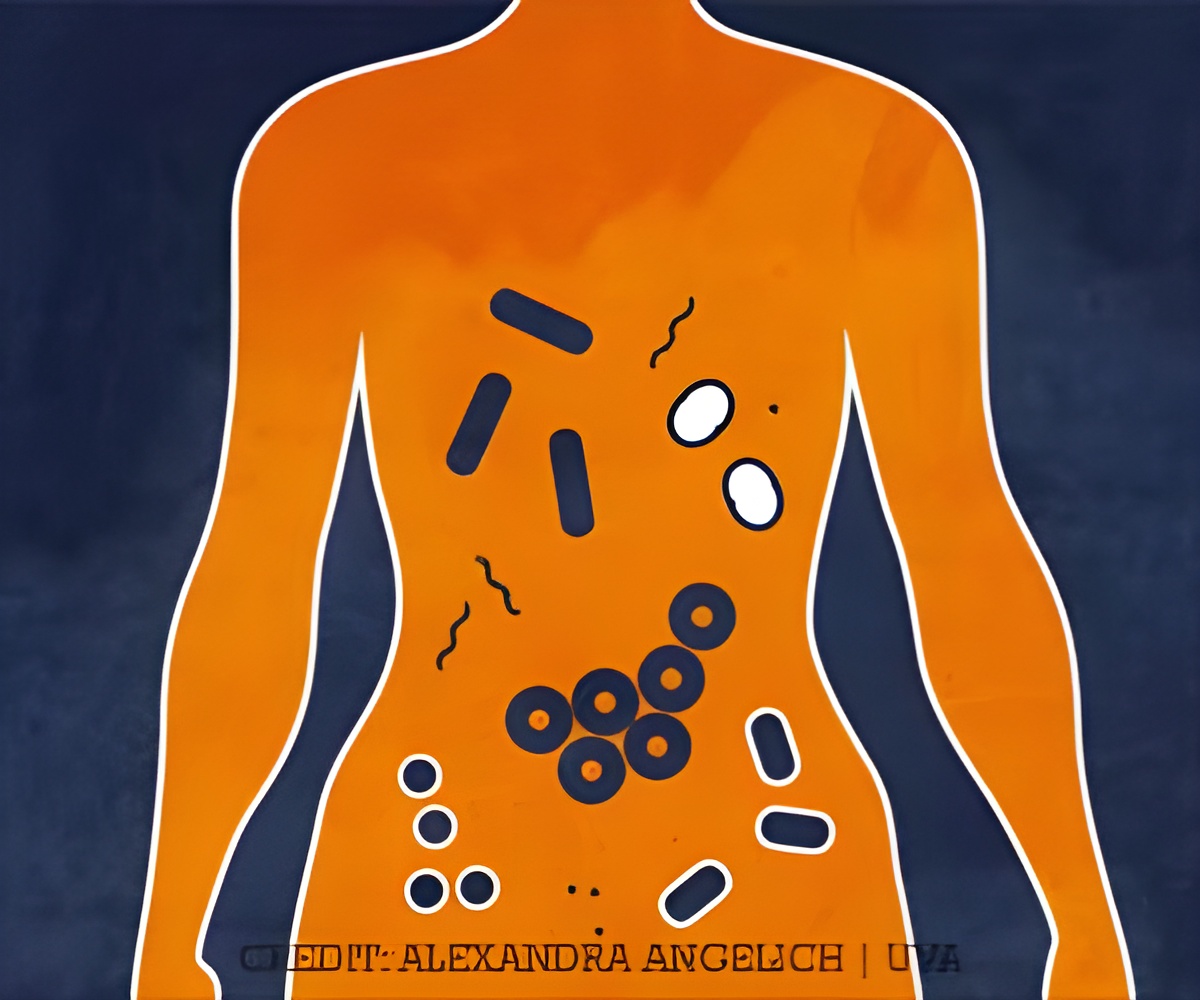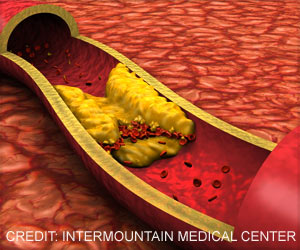The major disturbances that occur in the gut microbiome of patients suffering from heart disease may start many years before the onset.

However, these findings of the altered gut microbiome are challenged because they were achieved in studies of medicated patients. Patients with heart disease are given several different drugs, each of which are known to modify the gut microbiome.
A further complication lies in the fact that heart disease often develops alongside the early stages of overweight and type 2 diabetes, which is also characterized by having disrupted gut microbiomes.
As a result, it remains unclear whether an imbalanced gut microbiome is a feature of heart disease itself.
To answer these critical questions, a European consortium of researchers investigated the role of gut microbes in cardiometabolic disease.
Researchers recruited 1,241 middle-aged people from Denmark, France, and Germany including healthy individuals, individuals with obesity and type 2 diabetes but lacking a diagnosis of heart disease, and patients with either myocardial infarction, angina pectoris, or heart failure.
Advertisement
About half of the gut bacteria and blood compounds were modified by drug treatment and are not directly related to heart disease.
Advertisement
Both at the early dysmetabolic stage and the later stages of diagnosed heart disease, the diseased microbiome was characterized by a loss of bacterial cells and bacterial competencies.
In addition, the patients showed a shift towards fewer types of bacteria known to produce health-promoting compounds like short-chain fatty acids and more bacteria types producing unhealthy compounds from the metabolism of certain dietary amino acids, choline, and L-carnitine.
The primary limitation of the studies is that the investigators report associations, rather than causal explanations for their observations.
Intervention in both humans and rodents has shown that an imbalanced gut microbiome at various stages of heart disease development can be modified and partly restored by eating a more plant-based and energy-controlled diet, avoidance of smoking, and compliance with daily exercise.
It is time for translating the accumulated evidence of the role of the gut microbiome to more focused public health initiatives in attempts to prevent or delay morbidity and mortality related to heart disease.
Source-Medindia














